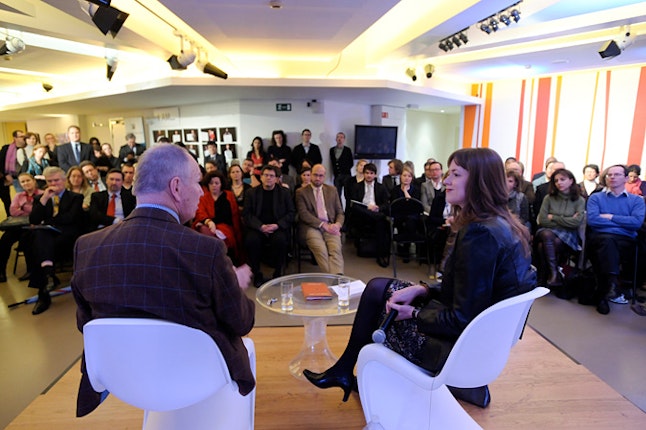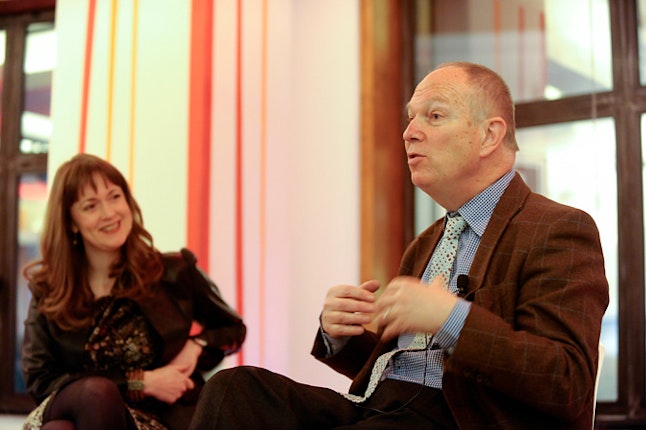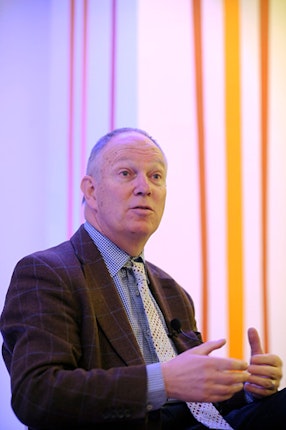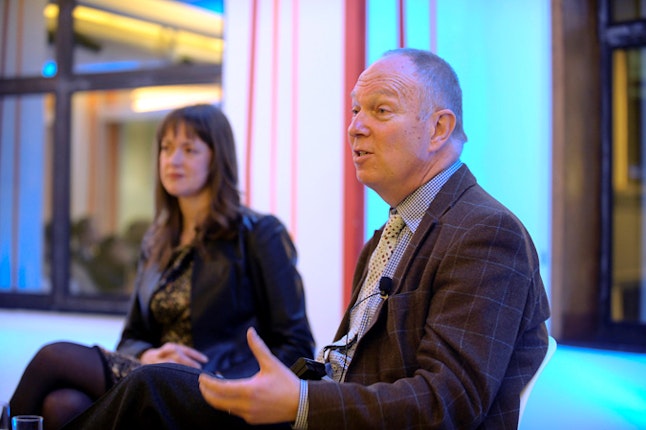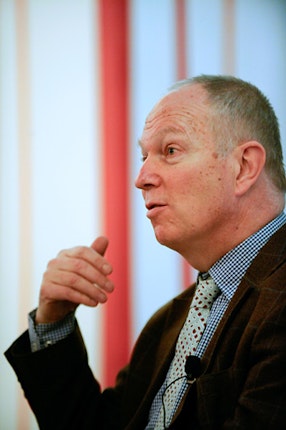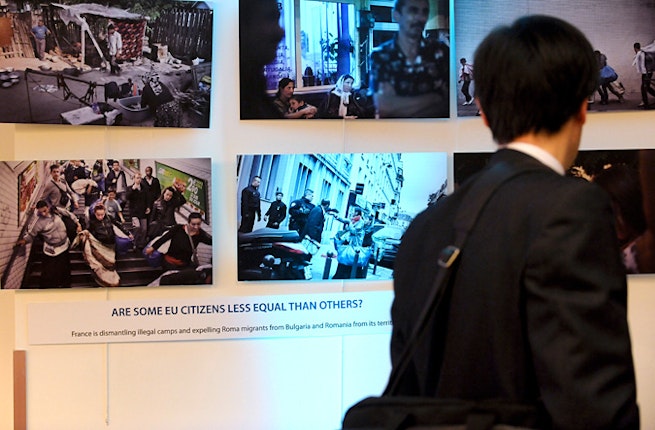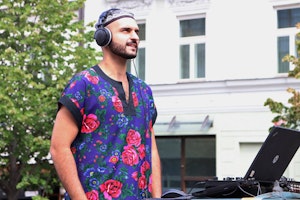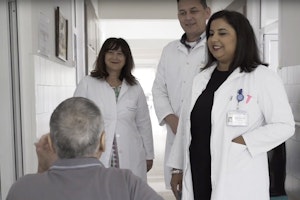The Limits of Tolerance in Europe: A Conversation with Ian Buruma
On January 25, 2011, the Open Society European Policy Institute invited leading intellectual and author Ian Buruma for a discussion on how open European societies really are, and the limits of tolerance in Europe.
In a conversation with Open Society European Policy Institute Director Heather Grabbe, before a packed audience in Flagey, Buruma argued that the ideology of multiculturalism is not weak, but the political Left is weak in the face of the “populist tribal narrative” employed by the Right.
The discussion explored how the EU project is now increasingly associated with political elites seen as imposing a European rather than a national identity, and how “a new populism that reverts to nationalist sentiment” gains traction beyond the policy and power centres. Buruma noted how parties on the Left are struggling to define a contemporary narrative that responds to this new nationalism. He observed how those most critical of Muslim immigrants tend to be a coalition of right-wing cultural conservatives and exasperated liberals indignant that civil liberty issues such as church versus state, gender and gay rights, that were essentially settled in modern Europe, have resurfaced around political Islam.
In conclusion, Buruma noted how in the debate on identity, tolerance and multiculturalism, “attitudes and feelings take precedence over knowledge.” Engaging in an informed debate that confronts the fears that fuel and are exploited by populism is a way to reverse this trend.
For more on Open Society Foundations’ engagement in the debate, see the At Home in Europe Project, which focuses on monitoring and advocacy activities that examine the position of minorities in a changing Europe. The Open Society Think Tank Fund’s Working Together for Tolerance in Europe program will support projects that embody joint initiatives of think tanks in at least two EU member states combining comparative research, advocacy, and communication efforts to tackle various forms of intolerance.
